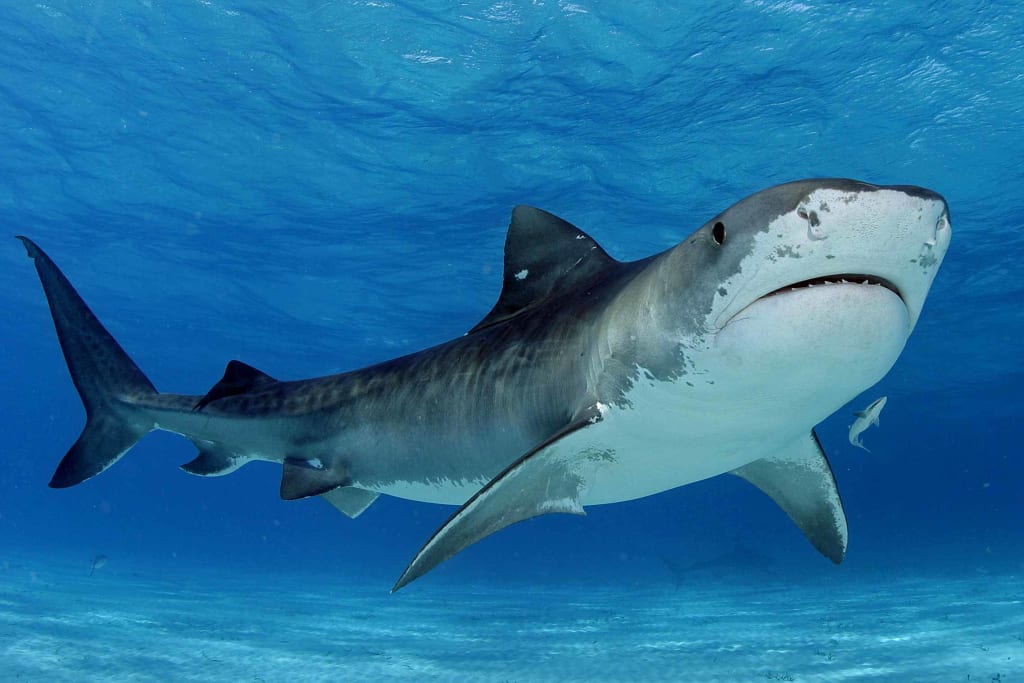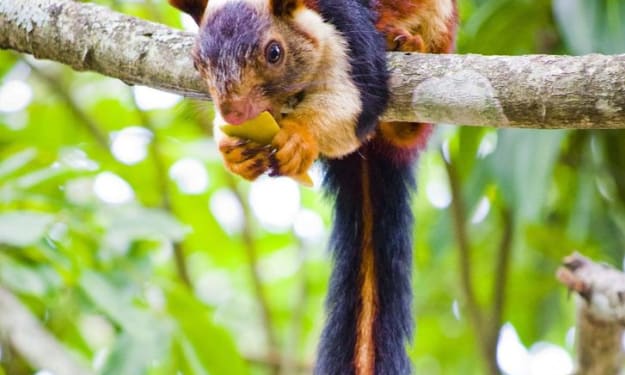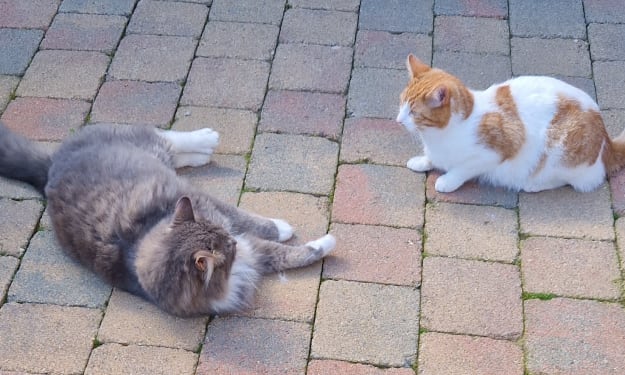Why We Need Sharks
And How They're Making a Comeback

Believe it or not, sharks are one of the things stopping global warming from getting too bad and deadly. Phytoplankton are little organisms that thrive in the ocean. They convert most of the carbon dioxide into oxygen for the world and they provide Earth with 50-85 percent of the world’s oxygen. But fish feed on this phytoplankton and without the sharks feeding on these fish, the phytoplankton population will decimate. The world needs sharks, and people are finally starting to realize it.
The great white shark is considered to be a feared king of the sea. While weighing an average of 5,000 pounds and growing to the length of up to 20 feet, you would think this massive fish would be untouchable. Totally wrong, the great white shark population has decreased dramatically along with every other shark. Sharks have survived all five major extinctions but humans come and destroy the shark population. The shark population has decreased up to 90 percent in one decade; horrible isn’t it? One of the reasons is the fact people hunted sharks (especially great whites) because they were scared of them. When JAWS was released, everybody seemed to develop a horrid fear of sharks, and great whites in particular. Fishermen would go on expeditions and hunt and kill sharks for no reason except fear. The main reason for this is the shark finning industry. Fishermen catch these sharks, cut their fins off to make shark fin soup, an Asian delicacy. Shark fins have no taste and are only added for texture and, what some believe, healing powers. The shark finning industry was a million, maybe even billion, dollar industry, so everybody joined in. There was a time when nobody knew what was happening and this industry could thrive with nobody trying to stop them, they were getting money and that’s all that mattered until the eye-opening documentary Sharkwater by Rob Stewart surfaced.
Sharkwater made so many people realize what was going on in the beautiful oceans they love and cherish. Countries started banning shark finning like Costa Rica, South Africa, Honduras, Venezuela, Chile, Taiwán, Nicaragua and so many more. People are protesting the shark finning industry in the streets, spreading awareness about the industry, and even going on expeditions to try and find fin fisherman and try and get them arrested or fined. Organizations include Shark Savers, The Australian Anti Shark Finning Alliance, Ocean Realm Society, Center for Oceanic Awareness, research and Education and many more. With more education on sharks, more people have become aware that sharks don’t try to kill humans. Sharks, in fact, do not like the taste of humans and that is why attacks are only bites; you never hear a case of a shark eating a human whole. We just look like seals most of the time (especially surfers), or sharks are curious of what we are. More shark documentaries are released stating this information and humans have decreased their fear of this beautiful, majestic creature. Now less people are hunting sharks out of fear and instead are trying to save the decimating population.
The current status of the great white shark is now considered vulnerable, but was before considered endangered. It won't be a rapid change. Great white sharks take eight or more years to reach reproductive age, and their pregnancy can last as long as 18 months, with a year or two between pregnancies, so we won't be seeing a shark baby boom. It’s amazing that the great white shark population is finally starting to replenish but the other shark species are still struggling, but with what we have done so far, we have a very good chance of saving this perfect fish.
About the Creator
hope vandersluis
Just a student who loves to write about the things she loves





Comments
There are no comments for this story
Be the first to respond and start the conversation.